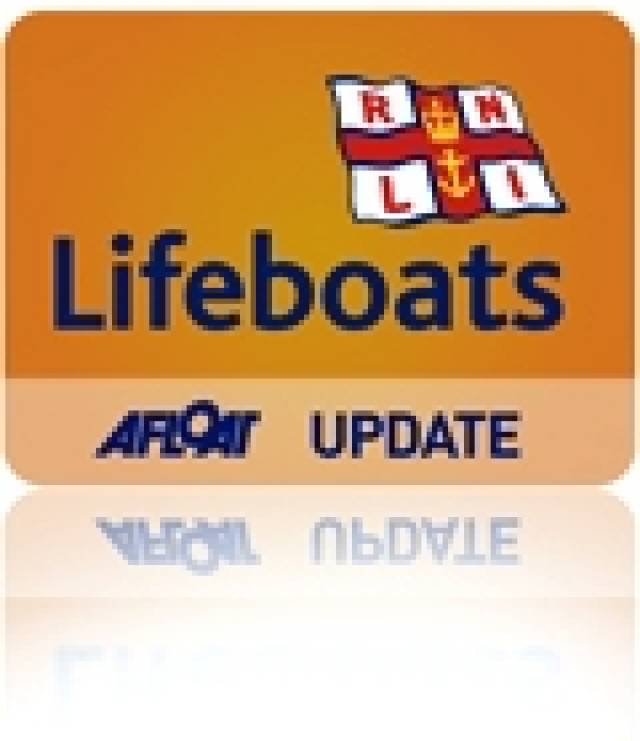#RNLI - Three young men had a lucky escape on Sunday evening (3 August) when their small boat began sinking on a pleasure trip from Ballywalter to Donaghadee.
The Irish Coast Guard was alerted to the emergency by one of the boat’s crew members using his mobile phone. He was unsure of his position but reported that the party was somewhere between the Copeland Islands, Bangor and Donaghadee.
Heading in the direction of Belfast Lough, Donaghadee RNLI’s all-weather lifeboat Saxon spotted the vessel – a small orange and white speedboat – and within a few minutes was on the scene.
The three casualties were taken aboard and checked for injury or illness. One had fallen into the water and was beginning to suffer from the effects of the cold.
The speedboat was taken under tow to Donaghadee Harbour. The survivors were brought to the boathouse where they were given hot drinks and after warming up they were collected by relatives.
“This could so easily have been a tragedy," Donaghadee RNLI coxswain Philip McNamara. "Even in calm conditions the sea is a dangerous place.
"All those who enjoy boating should ensure they have lifejackets and safety equipment before they set out. Always check the weather and ensure someone knows what you are doing and when you expect to return.”
In other lifeboat news, Courtown RNLI launched yesterday afternoon (4 August) to a call from two people on a speedboat who were unable to get their boat started and were drifting onto the beach at Ardamine.
After some manoeuvrings the lifeboat crew managed to tow the 19ft speedboat off the sand and back to the harbour in Courtown, were it was discovered that the fan belt had broken in the engine.
































































